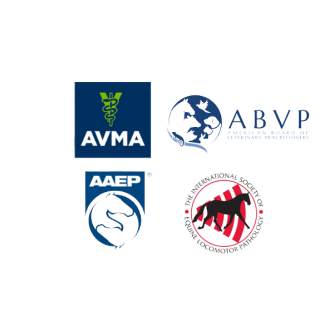Northwest Equine Veterinary Associates

First Steps
During this phone call, our office staff will get the buyer’s information, the seller’s information, and the horse’s information. They will then email a buyer’s and a seller’s form to be filled out by the appropriate parties. The seller’s form is necessary to give the veterinarian a complete medical history and a history of the horse’s previous use. The buyer’s form is important to help the veterinarian determine what the buyer’s goals are for the horse and the buyer’s familiarity with the horse.
The purchase examination typically consists of a thorough physical examination including an ophthalmic examination, neurologic evaluation, and a brief oral exam. The musculoskeletal system is evaluated in depth including palpations of the neck, back, and all four limbs. The horse is observed at the walk and trot on a hard surface and is observed at the walk, trot, and canter on a softer surface. Flexion of the joints on all four limbs is performed and the horse is evaluated at the trot to look for any subsequent lameness.
Based on the buyer’s needs and budget, radiographs may be performed to investigate any potential problems. Blood tests that may be run with a purchase examination include a complete blood count, biochemistry screen, and fibrinogen; EIA (Coggins) test; and a drug screen. A fecal sample to check for parasite eggs may also be collected at this time. Ultrasound, endoscopy of the upper airway, and a complete reproductive evaluation and breeding soundness examination can also be performed upon request.
A complete report will be prepared by the veterinarian and provided to the buyer with all associated paperwork. The goal of this report is not to pass or fail the horse. Rather, the goal is to provide the buyer with information regarding any existing medical problems and to discuss how those problems may impact future performance so that an informed decision can be made.

